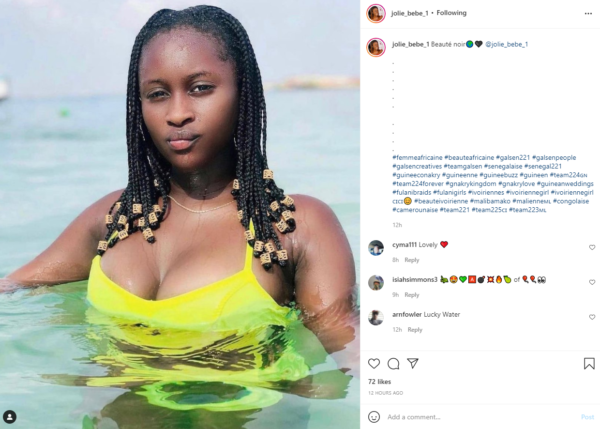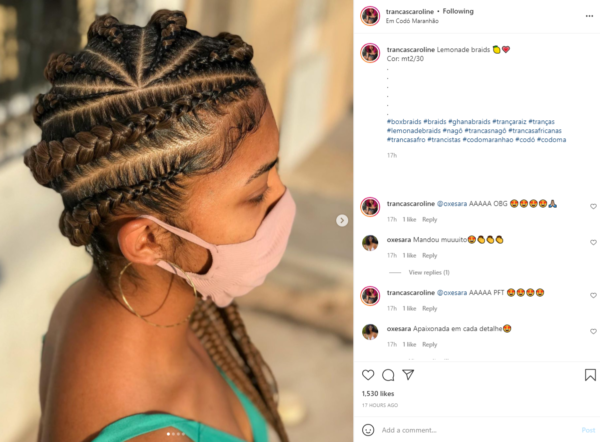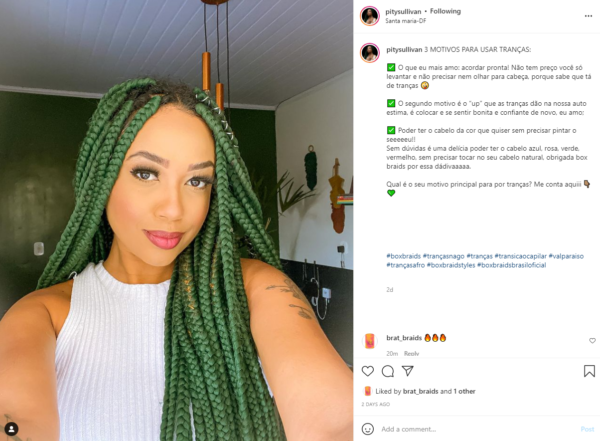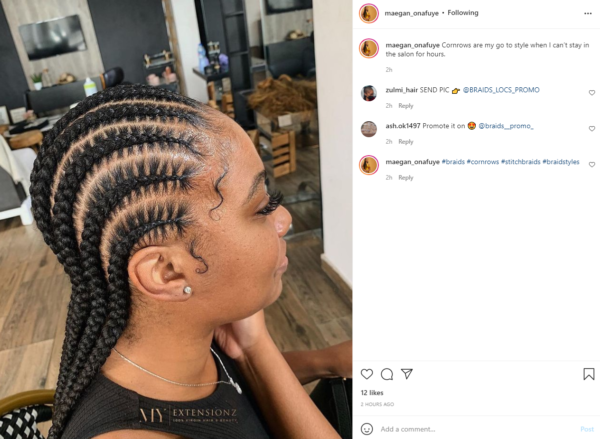Former Little Mix star and East Londener Jesy Nelson has been accused of ‘blackfishing’. This means pretending to be black through the use of makeup, hairstyles and clothes to alter your appearance.
But there is a fine line between cultural appropriation, and cultural appreciation. And as more and more people, including celebs, begin to wear traditional African hairstyles the discussion of what is acceptable and what is not has heated up.
October is Black History Month, so let us take this opportunity to step away from the debate and appreciate some traditional African hairstyles.
Bantu knots:
This hairstyle originates from the Zulu people of South Africa and is very popular on social media, with over 400,000 hashtags used on Instagram. ‘Bantu’ means ‘people’ in many African languages.
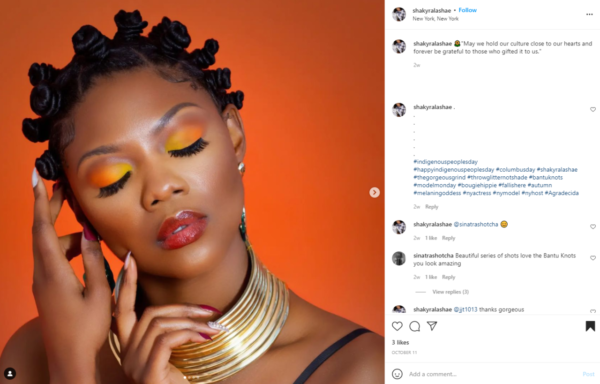
Fulani braids:
These braids originate from the West African Fulani people. This traditional hairstyle has been passed down through many generations of women and is identifiable by the hair being parted in the middle and often decorated with shells, beads, silver and amber. It is growing in popularity, attracting over 380,000 thousand hashtags on Instagram.
Ghana braids:
This hairstyle is an integral part of the Ghanaian culture. However, it has become extremely popular, generating over 800 000 hashtags on Instagram. The braids start small and become looser as they progress until becoming smaller again towards the end, giving it its other name of the banana braid.
Box braids:
These braids have become so popular that you could forget that they are specific to a certain culture. With over 7.5 million hashtags on Instagram, this hairstyle is now one of the most common braids around. However, to the Zulu people of South Africa it represented wealth and prestige because of how long it takes to accomplish.
Cornrows:
This hairstyle originated in Africa in around 3000 BC and was a very important part of an individual’s identity. The way it was braided indicated your tribe and even your status. It is now very popular with over two million hashtags on Instagram, and many celebrities have chosen these braids. The name cornrows came much later when African people were forced to the Americas as slaves and worked in fields of corn which were said to resemble the hair. However the style later became associated with the black power movement after people looked to reconnect with their African roots and heritage.
Many African cultures have the same way or very similar ways of braiding their hair and the true origin of many of these styles can be debated. However what can’t be is the importance of the braids to the different tribes and cultures that created them, allowing those who wore them both a sense of individualism and community. The meanings and importance of these hairstyles need to be considered when debating the issue of ‘blackfishing’ – but in the meantime these beautiful African hairstyles deserve our appreciation.

